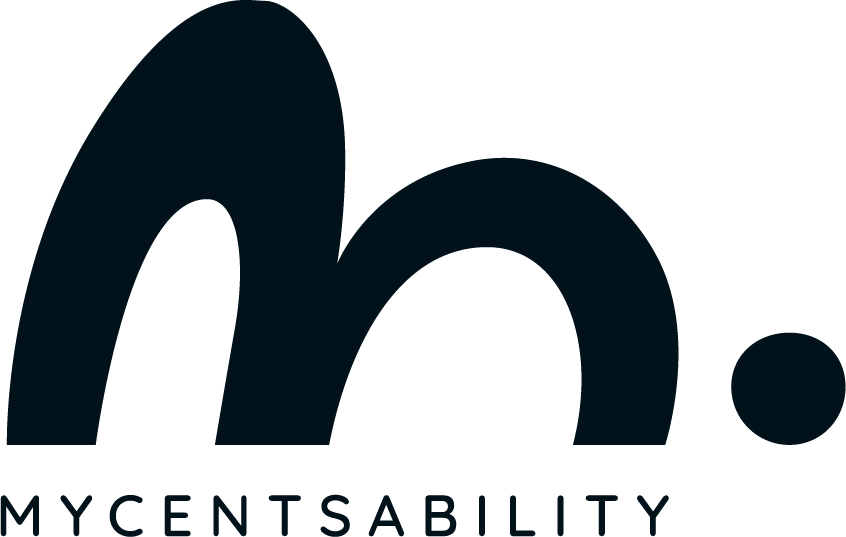The Importance of Accurate Information
When you work with a professional financial advisor, they typically need to gather a lot of information from you. Two of the main areas of focus for them will be your financial situation and your personal circumstances.
When an advisor is gathering information from you, it is for a variety of reasons. When they ask for documentation to confirm your identity (like taking a copy of your driver’s license), they are legally required to do so. In many circumstances, they are also legally required to do things like confirm the sources of your wealth, confirm how you intend to use investments and if there are any politically vulnerable people close to you. All of these legal requirements protect our financial system against criminal activities.
The regulations an advisor follows also require them to gather information from you. This is often the more detailed information about your finances and personal life. The requirement here is to confirm that they are providing appropriate advice and recommendations for you. It’s information gathering that benefits you as a result! The same regulations also require advisors to document this information, so they can show they have gotten to know you and demonstrate why they made a particular recommendation or offered particular advice.
As the client, you have some responsibilities in this area of information gathering, too. One of your most important responsibilities is to provide the information your advisor needs accurately and in a timely way.
Think of working with an advisor like visiting your doctor—you wouldn't hold back information about your health and expect an accurate diagnosis, right? It’s the same here. Your advisor is required to steer you to what you truly need, rather than what you think you need. Inaccurate information or information that they don’t have right away can lead to missteps.
Here's how you can ensure you’re providing accurate and timely information:
Be prepared for your meetings with your advisor. Gather documents before you get together or keep a running file where you can place items that might be important.
Be honest about your financial habits. Even if you have a tendency to splurge or struggles with saving, your advisor needs to know these details about you. They may offer some strategies to improve these habits.
Update your advisor regularly. If something changes in your life, let them know right away. Some examples of this would be a change to your job or income, changes in your family circumstances or re-thinking your financial goals.
Ask questions. If you’re not sure if a piece of information is important, ask your advisor! They will let you know what they do or don’t need and you’ll have a more effective relationship.
Remember – providing accurate, timely information is one of the most important things you can do to help your advisor meet your specific needs.

